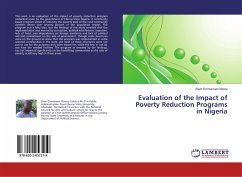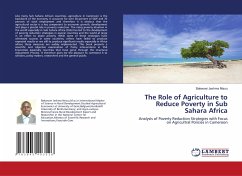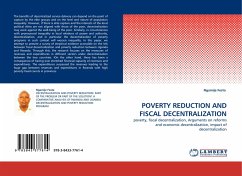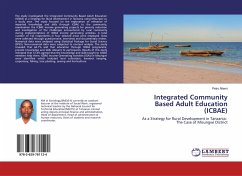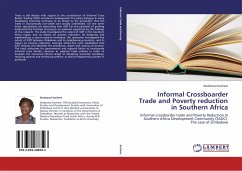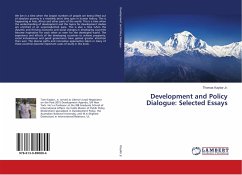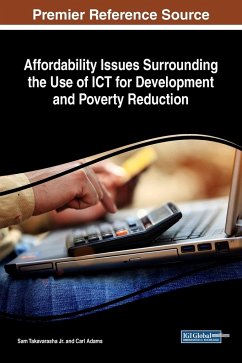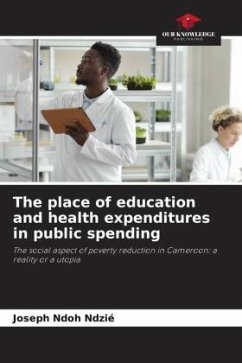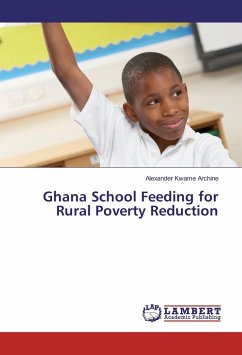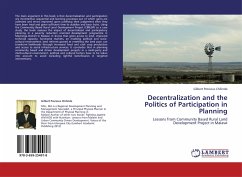
Decentralization and the Politics of Participation in Planning
Lessons from Community Based Rural Land Development Project in Malawi
Versandkostenfrei!
Versandfertig in 6-10 Tagen
32,99 €
inkl. MwSt.

PAYBACK Punkte
16 °P sammeln!
The main argument in this book is that decentralization and participation are incremental, sequential and learning processes out of which gains are collected and errors improved upon justifying their judgement after they have been tried and given sufficient time to stabilize and bear fruits. Using the Community Based Rural Land Development Project (CBRLDP) as a case study, the book assesses the impact of decentralized and participatory planning in a poverty reduction oriented development programme in Machinga District in Malawi. It shows that given access to land, improved technical capacity, ...
The main argument in this book is that decentralization and participation are incremental, sequential and learning processes out of which gains are collected and errors improved upon justifying their judgement after they have been tried and given sufficient time to stabilize and bear fruits. Using the Community Based Rural Land Development Project (CBRLDP) as a case study, the book assesses the impact of decentralized and participatory planning in a poverty reduction oriented development programme in Machinga District in Malawi. It shows that given access to land, improved technical capacity, functional markets, an enabling political and socio-cultural environment, land reforms geared at resettling the land poor can transform livelihoods through increased food and cash crop production and access to social infrastructure services. It concludes that in planning community based and driven development projects in a multi-party and multi-cultural environment, political and cultural factors have to be taken into account to avoid excluding rightful beneficiaries in targeted interventions.



